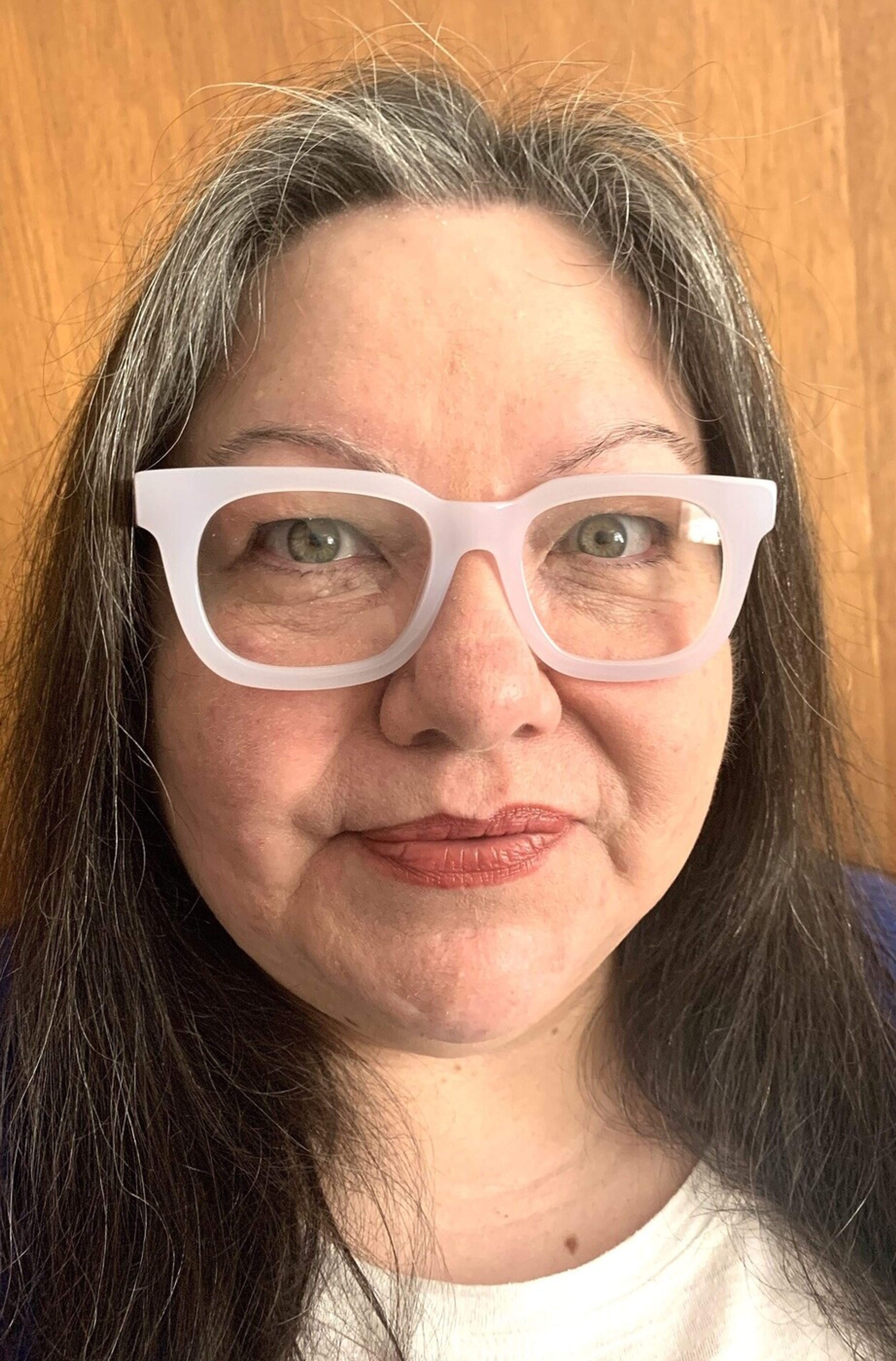I had a funny exchange with a healthcare worker at the Nimiipuu clinic this week. As she was drawing blood I had asked why the clinic was closed the following day.
She replied, “Mumble mumble.”
I didn’t make out what she said and asked, “what’s that? Say again.”
She repeated, “Mumble.”
I asked again, “What? Did you say onion?”
She said under her breath, “Indian Days.”
“Oh, Indian Days, OK. Hey, wait a sec, did you just whisper ‘Indian Days’ because you think saying ‘Indian’ is verboten?”
She said, “well, yes. I’m from Colorado, I was told I should never say that word.”
“Even though you work on the Nez Perce Indian Reservation, for the Indian Health Service?”
One can never be too careful, I guess.
She seemed like a nice young woman, and I did apologize for giving her a rough time.
And it occurred to me that it explains why I so often see “Native American reservation” used in news articles and in the media. That is, on those very rare instances that “Indians,” or “Native Americans,” make the news cycle. And here I assumed that journalists weren’t aware of the actual term. No, I guess they’re all from Colorado, too.
Last month, a family friend contacted me to ask what the preferred or correct parlance was in use currently for “Native Americans.” Her 5-year old granddaughter had scolded her for saying “American Indian.” And no, she doesn’t go to school in Colorado, but in Seattle. I loved that her granddaughter had corrected her so vehemently. I mean, it’s adorable. And while I find it amusing, I also recognize the earnest endeavor behind relinquishing what are thought to be disrespectful or antiquated terms. The political incorrectness of it all! One can’t say “Indian summer,” or “Indian Wars,” or “Indian pony?” But instead, must say “Native American summer,” “Native American Wars,” or “Native American pony.”
I confirmed for my family friend, and her granddaughter, that yes, “Native American” was interchangeable with “Indigenous,” that “American Indian” was out of fashion, that many Indigenous people prefer just “Native,” because taking on “American” carries certain implications, depending on one’s political stance with the colonialist state, and that referring to one’s specific tribe is also preferred. My friend understands all that. I’m not sure her granddaughter is able to grasp all the nuances. But she is pretty smart, so you never know. Maybe they’ll teach “critical race theory” in the first grade next year. So far, kindergarten has done a tip top job.
I figured this was a worthy topic to bring up, because I get asked about it fairly regularly. And I’m always tempted to say, “you can call me “Native,” or you can call me “Lakota”, or even “Indigenous,” just as long as you don’t call me late for dinner.” That’s when you know I’ve hit my default threshold, when I pull out the Dad Jokes.
Sometimes, a well-meaning person will suggest I use the “term” “human.” And yes, I agree wholeheartedly on “human” as a signifier, or label. It’s downright annoying to separate human beings by these arbitrary identity place marks, right? Why not just do away with such terms? Political correctness is rubbish. And sure, I’d be right on board with that if it actually meant that persons of color, and Indigenous people were immediately assessed as “human.” But we’re not. That’s why our universities, our institutions, and our government, have human rights task forces and dumb ol’ “stuff” like “critical race theory” in place. Maybe when Asian folks aren’t being unjustly targeted and violently attacked, or when young Black girls aren’t being shot by the police, or when Native Americans aren’t arrested on their own land for protecting their water, then maybe initiatives like “critical race theory” can be withdrawn.
Not to be all pat about it, but I guess it all comes down to affording others common decency. Maybe I shouldn’t tease people for their fear of the “I Word.” Because clearly, they’re striving to be more compassionate. And that’s a good thing. And I don’t have anything against Colorado, really. They’re human too, after all.
Midge is a citizen of the Standing Rock Sioux Nation and was raised by wolves in the Pacific Northwest. Her book of essays, “Bury My Heart at Chuck E. Cheese’s,” was a finalist for a Washington State Book Award. She enjoys composting and frisky walks through dewy meadows. Midge lives in Moscow.








